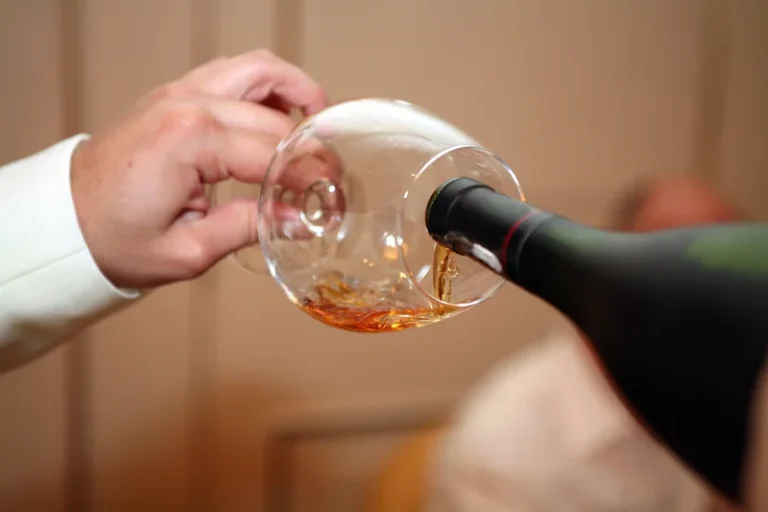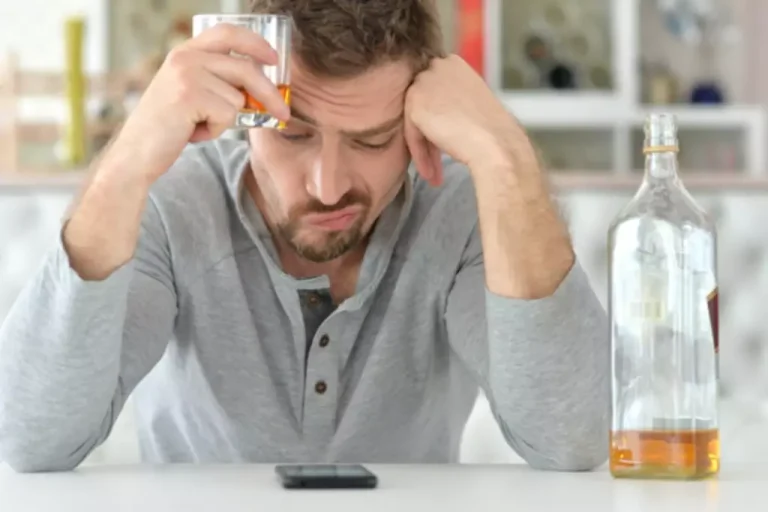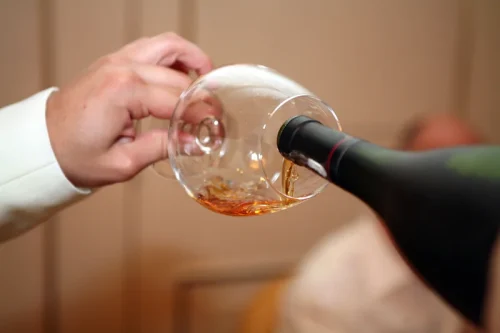
Suppose you drink regularly and reach a point where panic attacks have become routine. In that case, our medical professionals and psychiatrists are likely to suggest that this could signify a psychological dependency on drink. Often when drinkers experience panic attacks, they drink more to combat the fear. Having a supportive social network will offer you emotional support and encouragement as you change behaviors related to drinking. Positive social interactions can help relieve anxiety and ultimately reduce your need for using alcohol as a coping mechanism.
Double your impact!
There are no specific studies that suggest that one type of alcohol can affect anxiety levels more than other types of alcohol. While some people may believe that wine and beer may cause less anxiety than hard liquor due to its alcohol content, this is not true. It’s not necessarily the type of alcohol you drink that can affect your levels of anxiety, but rather anxiety is related to the amount and frequency of alcohol use.
The Immediate Impact of Alcohol on Anxiety
Working with a therapist generally involves regular talk therapy sessions where you discuss your feelings, problem-solving strategies, and coping mechanisms to help with your condition. Additionally, alcohol affects neurotransmitter levels in the brain—the chemical messengers responsible for how we think, feel, and behave. Over time, these changes can make it harder for you to relax when you aren’t drinking and may lead to persistent worries, intrusive thoughts, and other anxiety symptoms. It’s no secret that alcohol has a profound impact on the brain—even a casual drinker can experience a mood shift after a beer or two.
- Elevated cortisol levels can lead to feelings of anxiety or restlessness.
- While not life-threatening, untreated panic attacks can lead to avoidance of certain situations, social issues, depression, and other anxiety disorders.
- The information in this article is for informational and educational purposes only and should never be substituted for medical advice, diagnoses, or treatment.
- Excessive consumption of alcohol causes dehydration, which can make you feel dizzy and increase your heart rate.
When should I seek treatment for panic attacks?
Here, you will also learn how to live without alcohol, manage anxiety healthily and live a sober life free of pain and suffering. Often alcohol intensifies the initial state of the drinker, so if you are feeling particularly anxious, you can expect this to heighten during your drinking. Over time, this can cause a person to drink more, thus creating dependence and possible alcohol can alcohol give you panic attacks addiction. A treatment center will attempt to verify your health insurance benefits and/or necessary authorizations on your behalf. We cannot guarantee payment or verification eligibility as conveyed by your health insurance provider will be accurate and complete. Payment of benefits are subject to all terms, conditions, limitations, and exclusions of the member’s contract at time of service.

Drinking alcohol on a regular basis can result in your body building up a tolerance to this substance over time. This means that you will need to drink larger amounts of alcohol on a more frequent basis in order to experience the same effects, increasing the risk of developing a physical or psychological addiction. If you are more prone to these disorders, you may have a more extreme reaction to alcohol withdrawal than someone who does not suffer from panic attacks. These effects are particularly visible the day after drinking when the hangover begins to set in. As the sedative effect of alcohol wears off, you may experience a spike of anxiety or panic as your body begins to withdraw from the substance.
Medication Management

If a person regularly drinks to the point where alcohol panic attacks are the norm, it is a sign of addiction. There are many effective treatments for anxiety and alcohol use disorders, including ongoing individual therapy, group therapy, prescribed medications, or a combination of these methods. While alcohol might feel like a solution in the short term, this drinking behavior comes with many problems. When people use alcohol to relieve symptoms of a mental health condition, it can quickly become a “crutch.” Since they can be triggered by different factors, it’s difficult to predict when we might experience a panic attack.

Scan the QR code to get started!
If this is a recurring issue, consider moderating alcohol intake and seeking professional support. Understanding the intricate relationship between alcohol consumption and anxiety attacks is crucial for individuals seeking to manage their mental health effectively. While occasional or moderate alcohol intake may not necessarily lead to anxiety attacks in everyone, there is a recognized correlation between heavy drinking and heightened anxiety levels.
This specific situational avoidance can significantly impact daily routines as people attempt to reduce their risk of future episodes. Panic attacks and anxiety issues can produce different physical symptoms, with panic attacks often involving more intense, immediate signs. If you have panic attack symptoms, seek medical help as soon as possible.

If you have been trying to quit drinking for a while but you can’t stop despite the negative consequences on your life, you might want to consider joining a 4-6 week treatment programme at an alcohol rehab clinic like Castle Craig. If you are worried about your drinking and don’t feel you can stop, you should seek professional advice or speak to a telephone helpline such as Alcoholics Anonymous or The Samaritans. If blackouts are involved, the extra stress of the unknown, especially if poor judgement was involved, can increase anxiety levels further.
While alcohol may offer temporary relief from anxiety symptoms for some individuals, its long-term impact can exacerbate anxiety and contribute to the development of co-occurring disorders such as alcoholism and anxiety disorders. Conversely, excessive alcohol consumption can increase the risk of developing anxiety disorders, creating a vicious cycle of co-occurring disorders. Untangling the interconnected nature of anxiety and alcoholism requires comprehensive assessment and tailored treatment approaches that address both conditions simultaneously, focusing on holistic well-being and long-term recovery. Moreover, alcohol-induced changes in sleep patterns, mood regulation, and overall brain function can further worsen anxiety symptoms over time. It’s essential to recognize the potential for alcohol use to exacerbate anxiety and to seek healthier coping mechanisms and support systems to manage anxiety effectively.
